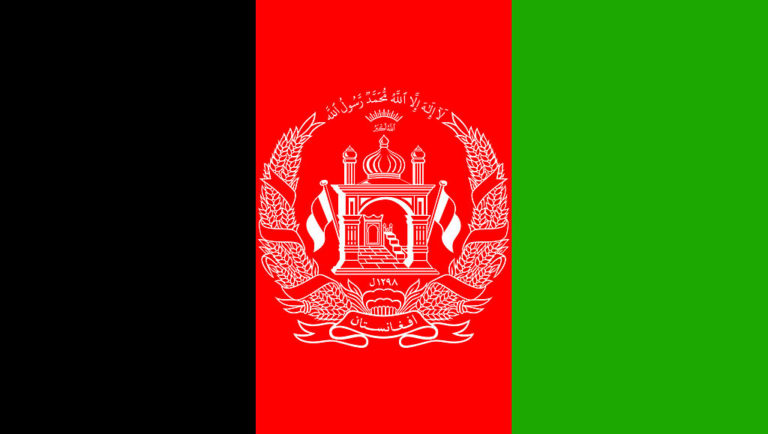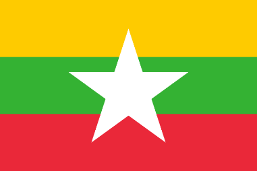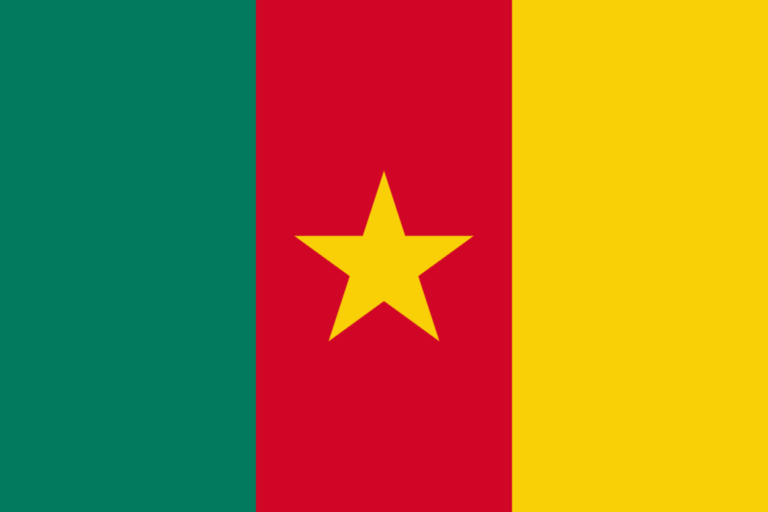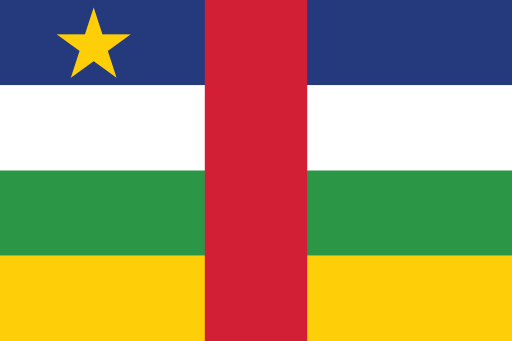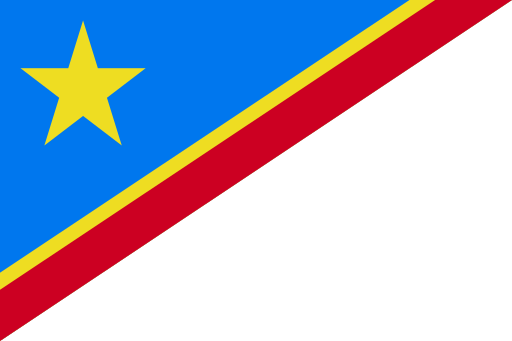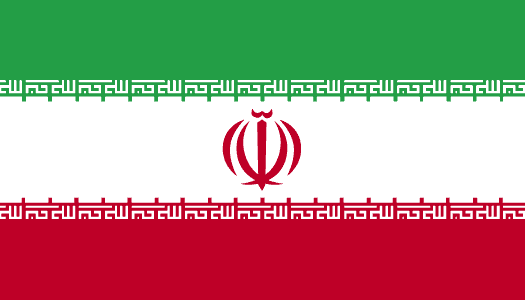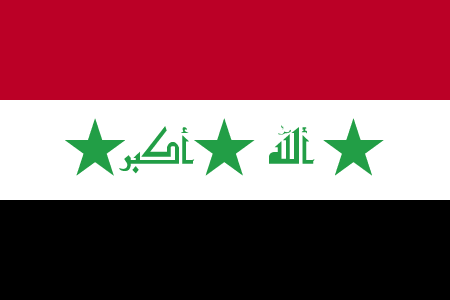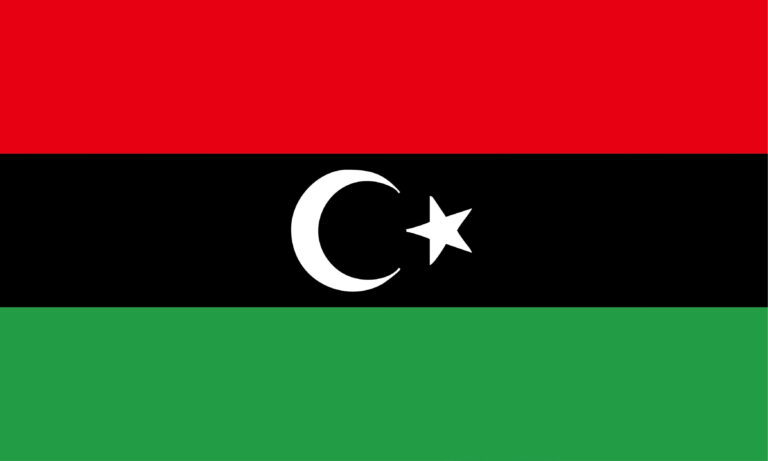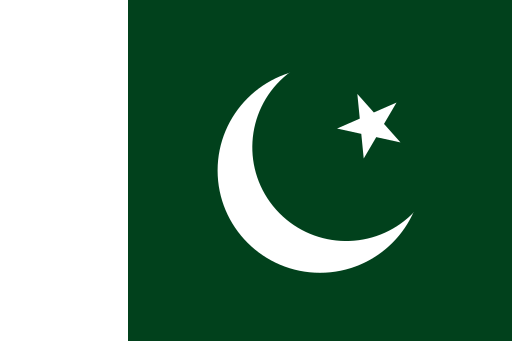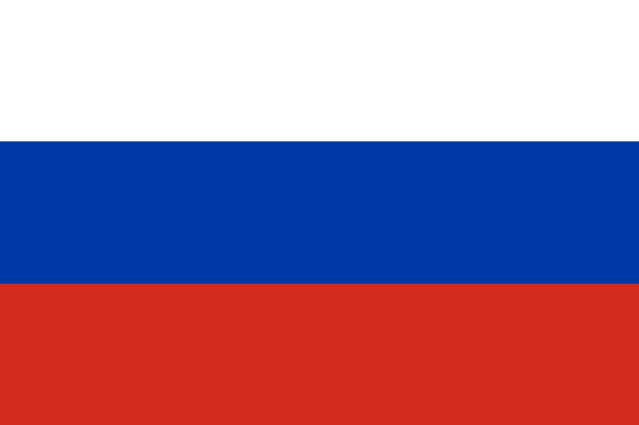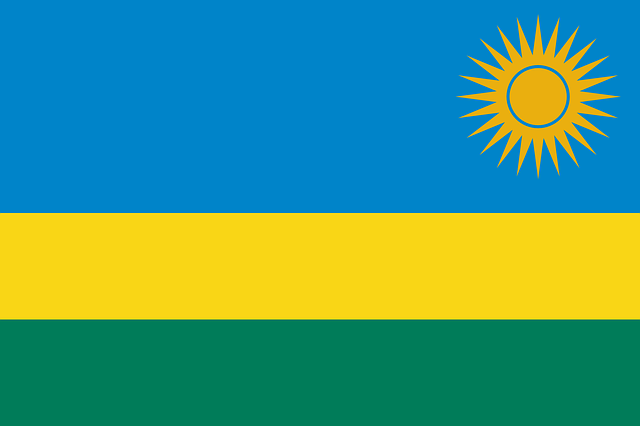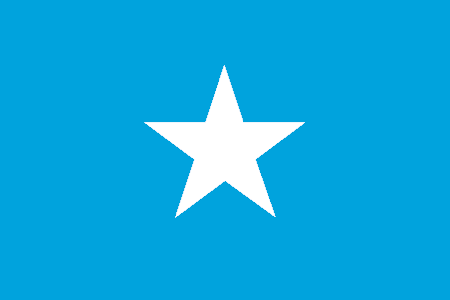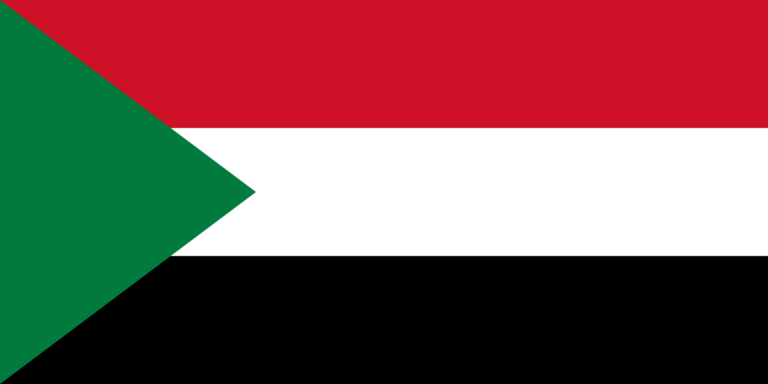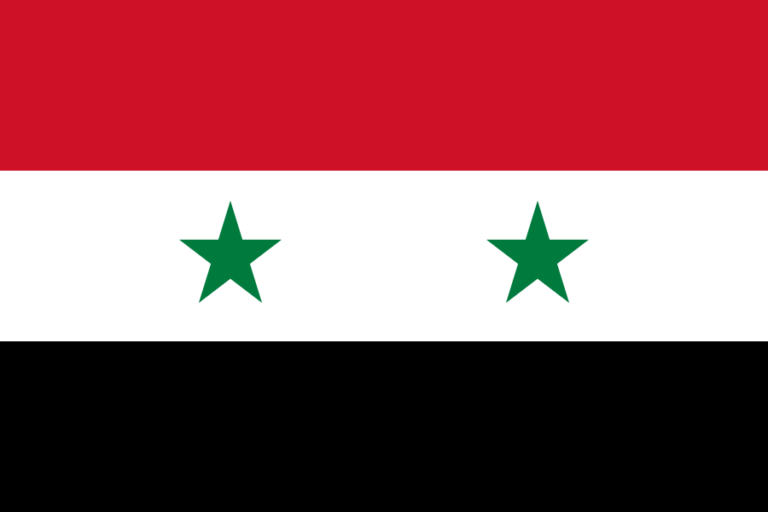- Updated October 24, 2023
Years Listed
Each shaded box corresponds to a year the country appeared on the CSPA list and what types of waivers it received, if any.
Afghanistan has appeared on the CSPA list every year since 2019 for a total of five years. Although government forces in Afghanistan – including the Afghan Local Police and the Afghan National Police – have recruited and used child soldiers for decades, the country did not appear on the CSPA list until a 2019 amendment expanded the scope of national security forces covered by the law. In both 2019 and 2020, the U.S. president fully waived CSPA prohibitions against the provision of U.S. arms sales and military assistance to Afghanistan, resulting in the provision of more than $221 million in arms sales and military assistance between FY2020 and FY2021.
Specifically, the president waived over $216 million in Direct Commercial Sales, more than $3.8 million in Excess Defense Articles, and over $1.3 million in International Military Education and Training.
Since 2021, U.S. presidents have been required to include justifications for CSPA waivers that were issued during the previous year in the annual Trafficking in Persons Report. Afghanistan’s 2020 waiver justification maintained that “[s]ecurity assistance to Afghanistan subject to the CSPA restriction fulfills critical U.S. counterterrorism objectives and fosters conditions that enable an end to the conflict in Afghanistan. For example, the International Military Education and Training (IMET) program funds professional military education and training for the Afghanistan National Defense and Security Forces (ANDSF) that improves their capabilities, promotes respect for human rights, improves defense resource management, civil-military cooperation, and education on gender-based violence and women’s health, and enhances interoperability for U.S.-Afghan joint operations.” The U.S. stopped providing arms sales and military assistance subject to the CSPA to Afghanistan after the Taliban took control of the country in August 2021.
According to the U.S. State Department, forces of Afghanistan’s pre-Taliban government – including the Afghan National Army (ANA), Afghan National Police (ANP), Afghan Local Police (ALP), and National Directorate of Security (NDS) – as well as pro-government militias that received support from the Afghan government have all recruited and used children in both combat and non-combat roles. The recruitment and use of child soldiers by Afghan government forces and pro-government militias – some of which may have received direct financial support from the government – continued into 2021. The Taliban – which took control of the country in August 2021 – continue to recruit and use child soldiers, with experts estimating that thousands of children may remain in their ranks. However, the United States has not yet made a decision as to whether to recognize the Taliban as the government of Afghanistan.
Child soldier use and recruitment continued in Afghanistan even as the pre-Taliban Afghan government undertook broader child protection efforts, including the formation of a National Child Protection Committee to address bacha bazi, a practice involving the sexual abuse of young boys; hiring additional social workers; and increasing the number of Child Protection Units at ANP recruitment centers. An international organization reported that the Afghan government made notable progress in combatting the recruitment and use of child soldiers through the use of these CPUs, despite some NGOs reporting that they were not sufficiently equipped, staffed, or trained. Between April 2020 and March 2021, the Afghan government reported that it prevented the recruitment of more than 5,000 children into government defense and security forces and identified 20 children in its military and referred them to child protection centers. During the same period, the government prosecuted and convicted members of the security services for bacha bazi. While the Afghan government investigated some claims of child soldier recruitment or use by military or police officials, these investigations did not result in any prosecutions.
The recruitment and use of child soldiers in Afghanistan drastically increased following the Taliban’s takeover. As of March 2023, the Taliban continued to recruit and use children in combat and non-combat roles and had not implemented measures to prevent the practice.
For more information, see the U.S. State Department’s Trafficking in Persons Report and Country Reports on Human Rights Practices. More information on the situation in Afghanistan can also be found in the UN Secretary-General’s annual report on Children and Armed Conflict and country-specific report on Afghanistan.
Total Waived and Prohibited
Since the CSPA took effect.
Explore the Data
Country- and program-level data on the number and type of national interest waivers granted, as well as the amount of arms sales and military assistance waived.

